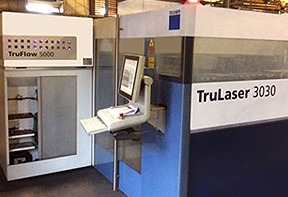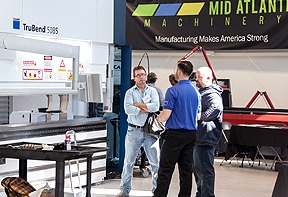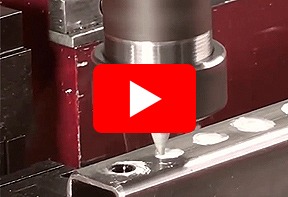Staying Compliant: Navigating Manufacturing Regulations
Navigating manufacturing regulations is a critical aspect of ensuring business success and maintaining ethical standards. Compliance with regulations is essential for various reasons, including safeguarding consumer safety, protecting the environment, and promoting fair business practices. In this context, let’s explore key considerations for staying compliant in manufacturing:
-
Understand Applicable Regulations:
- Identify and understand the specific regulations that apply to your manufacturing industry. These may include environmental regulations, safety standards, product labeling requirements, and more.
- Keep abreast of any updates or changes to existing regulations to ensure ongoing compliance.
-
Create a Compliance Team:
- Establish a dedicated team or designate individuals responsible for monitoring and ensuring compliance with regulations.
- Provide regular training to keep the team informed about new regulations and compliance requirements.
-
Implement Robust Documentation:
- Maintain accurate and up-to-date records of processes, materials, and products to demonstrate compliance.
- Document quality control measures, safety protocols, and any other relevant information that regulatory agencies may require.
-
Adopt Good Manufacturing Practices (GMP):
- Implement and adhere to Good Manufacturing Practices to ensure the production of safe and high-quality products.
- GMP guidelines cover various aspects, including personnel, facilities, equipment, materials, production, and quality control.
-
Environmental Compliance:
- If applicable, comply with environmental regulations regarding waste disposal, emissions, and resource usage.
- Consider sustainable practices and certifications to demonstrate a commitment to environmental responsibility.
-
Quality Control and Assurance:
- Implement robust quality control processes to ensure that products meet regulatory standards and specifications.
- Regularly audit and review these processes to identify and address any potential issues.
-
Stay Informed about Global Regulations:
- If your manufacturing involves international trade, stay informed about global regulations and standards.
- Understand the regulatory requirements of the countries you export to or source materials from.
-
Engage with Regulatory Authorities:
- Foster open communication with regulatory authorities to seek clarification on regulations and ensure a proactive approach to compliance.
- Participate in industry forums and associations to stay connected with regulatory updates.
-
Continuous Improvement:
- Regularly assess and update your compliance procedures to align with evolving regulations.
- Foster a culture of continuous improvement within the organization, encouraging employees to contribute ideas for enhancing compliance processes.
-
Legal Consultation:
- Consider seeking legal advice to ensure a comprehensive understanding of regulations and to navigate complex legal requirements effectively.
By proactively staying informed, implementing robust processes, and fostering a culture of compliance, manufacturing businesses can navigate regulations successfully, mitigate risks, and contribute to the overall sustainability of their operations. For more information contact us today!









